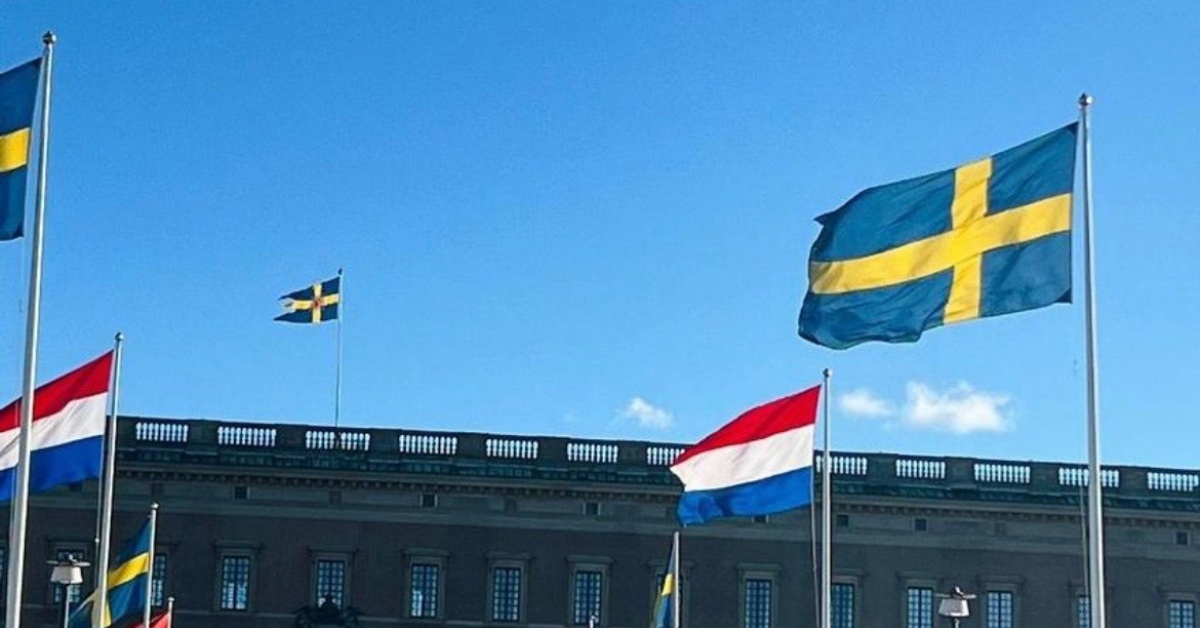Doing Business in Sweden vs. The Netherlands
Personal experiences and team insights
Entering a new market can be both exciting and challenging, especially when it involves understanding the local business culture. As a Swede who has lived in The Netherlands, I have personally experienced the nuances of both cultures. At Beyondo, our team deals with these similarities and differences every day, using our diverse backgrounds to improve communication. This guide highlights the key differences and provides examples to help you understand these distinct environments.
Swedish business culture
Swedish business culture is built on core values of equality, trust, and inclusivity. Companies often have flat hierarchies where managers act more as guides or coaches rather than authoritative figures. Decision-making is consensus-driven, meaning team input is vital. This approach ensures that all voices are heard and valued. An important cultural concept to understand is Jantelagen, which emphasizes modesty and equality. It’s about not standing out or boasting, and it influences how Swedes interact in both personal and professional settings.
Dutch business culture
In contrast, Dutch business culture is known for its directness and efficiency. The Dutch appreciate straightforward communication and quick decision-making. Meetings are often shorter and more to the point, focusing on achieving specific goals. For instance, a Dutch business meeting might quickly outline the key points and move directly to action items, reflecting their goal-oriented approach1.
Networking norms
Networking is a crucial part of doing business in both Sweden and The Netherlands, but the approaches differ. In Sweden, networking is essential but takes time. Building trust and personal connections is key, so follow up after meetings and events. This helps to establish long-term relationships, which are highly valued in Swedish business culture. Networking often revolves around informal settings like coffee breaks, known as fika. These breaks are more than just a chance to grab a coffee; they are an integral part of building relationships and gaining insights.
In The Netherlands, networking is also important but tends to be more structured. Dutch professionals often network during formal events, business lunches, or industry conferences. The Dutch value efficiency, so networking events are typically well-organized with clear objectives. For instance, a business lunch in The Netherlands might include a brief presentation followed by a focused discussion on potential collaborations1.
Work-Life balance and personal boundaries
Sweden is renowned for its strong emphasis on work-life balance. The concept of “lagom,” meaning “just the right amount,” promotes a balanced approach to work and personal life. Swedes value their time and prefer not to be contacted outside of work hours unless necessary. This respect for personal boundaries fosters a healthy and productive work environment. For example, it’s common for Swedish employees to leave work on time and enjoy their evenings without work interruptions2.
The Netherlands also values work-life balance, but the approach can be slightly different. Dutch employees often enjoy flexible working hours and a pragmatic approach to work. However, the Dutch are known for their directness and may blend work and personal life more fluidly. For instance, it’s not uncommon for Dutch professionals to discuss business matters over informal settings like a casual lunch or even during social events1.
Do’s and Don’ts in Swedish business
When doing business in Sweden, there are several do’s and don’ts to keep in mind:
Do be punctual and adopt the meeting culture, as meetings are a big part of business here. Come well-prepared and adjust to the longer decision-making process. Take the time to meet with your Swedish counterparts more than once and respect their personal space.
Don’t push for quick decisions or use aggressive sales tactics. Avoid being overly hierarchical and don’t overlook the importance of fika, the traditional coffee break. Also, avoid comparing Sweden to its Nordic neighbours and don’t be surprised if your Swedish counterparts take a few moments to respond. Instead, use consultative selling, appreciate Sweden’s unique culture and identity, highlight the value and benefits of your proposals, and allow for silence without interrupting.

Practical Steps for Success
To succeed in Sweden, it’s important to learn as much as possible about the local culture and prepare yourself for the Swedish working mentality. Adapt your communication style to be direct and clear. Be patient and allow time for consensus-building. Persevere and don’t give up easily. When hiring staff, mix local and international employees to benefit from diverse perspectives. Be aware of the Swedish labour law and the strong representation of unions. Lastly, avoid scheduling business meetings in July, as many Swedes take their vacations during this month. Also, be mindful of December, when many people take time off for the holidays.
And, you probably wonder, what are the do's and don'ts when doing business in The Netherlands?
Do's
Be Punctual: Arrive on time for meetings.Be Direct: Communicate clearly and honestly.
Don'ts
Don't Be Late: Avoid arriving late.Don't Engage in Excessive Small Talk: Focus on business matters.
Final thoughts
Understanding the key differences between doing business in Sweden and The Netherlands can help international companies navigate these markets more effectively. While both countries value punctuality and work-life balance, their approaches to meetings, decision-making, and networking can vary significantly. By adapting to these cultural nuances, you can build stronger relationships and achieve greater success in both markets.
Beyondo has a mixed team, perfectly geared to assist with cultural differences between Sweden and The Netherlands. Are you launching in Sweden or in The Netherlands and you are curious about where to start? Welcome to reach out to us!



